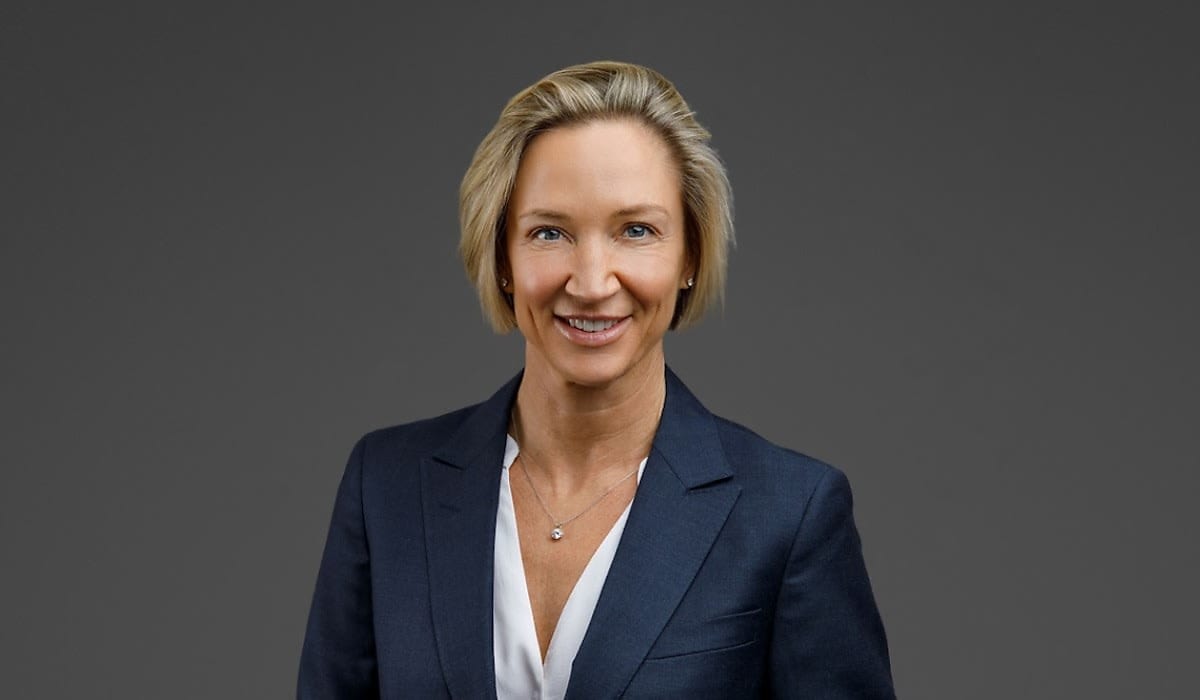Reimagining the resort community model could help first home buyers and families
It appears that there’s no end in sight to Australia’s housing crisis with interest rates remaining high, rental vacancies at historic lows, housing affordability off the charts, and property prices continuing to rise, albeit more slowly than past years.

Some experts have proposed upzoning urban areas to increase the supply of apartments, others say we need to incentivise older Australians to rightsize or downsize, to free up land and larger homes suitable for families.
One thing is certain, there’s no silver bullet, and we need to be innovative in our solutions to rapidly deliver affordable properties that people want to live in.
Land Lease Communities (LLCs), sometimes referred to as manufactured housing estates or resort communities, are fast becoming an established sector in the Australian property landscape.
In the Land Lease Community (LLC) model, individuals buy their houses while leasing the land they’re built on, typically for 99 years or indefinitely, and pay an annual ground rent. This concept is quite prevalent in the United States, where around 11.3 million people, or 3.4 per cent of the total housing stock, reside in LLCs. In contrast, less than 1 per cent of Australia’s housing stock falls under this model.
The appeal of LLCs lies in the affordability of the homes, with many priced below $400,000. Additionally, buyers benefit from not having to pay stamp duty or ongoing property taxes and rates. Residents also enjoy access to upscale amenities like swimming pools and tennis courts, which contributes to their financial wellbeing.
For lower-income residents, LLCs offer housing stability and the ability to apply for Commonwealth Rent Assistance to cover site fees, which typically range from $180 to $240 weekly, adjusted for inflation. Importantly, home owners retain the full value of their property upon sale, with no depreciation due to deferred management fees or similar charges.
Currently, LLCs in Australia are primarily targeted at those over 55 as a cost-effective retirement housing solution. This contrasts with the US, where LLCs are not exclusively for retirees. This discrepancy suggests that LLCs could be a viable option for first-time home buyers and young families in Australia who are struggling to enter the housing market.
With a little imagination, these LLCs could cater for younger people, with childcare facilities, playgrounds, hot desks for working, sporting equipment storage, and onsite cafe/dining facilities. They could in effect become micro villages where families, singles, and young couples make up the majority of residents.
When a purchaser buys a standalone house in an LLC, they sign a lease rather than a property title, and because of this there is currently no way to borrow money to buy a home. For this reason, they are typically marketed towards retirees.
However, this is where the opportunity lies.
What we need is to create a mortgage product akin to a chattel loan, which is used in situations where the home is in an LLC, and where the home owner does not own the land.
Generally, chattel loans have higher interest rates and are for shorter loan terms, so in order to suit younger people, an LLC tailored loan would need to have a traditional mortgage loan period, be principal and interest based, and the cost of servicing the loan and LLC fees would need to be equal to or less than the average city rent.
For a reimaging LLC model to work, there’s a need to speed up, simplify and improve the planning and approval processes for low-cost accommodation and land lease developments.
Currently, planning red tape and the resulting delays are a major contributor to the cost of these developments.
Many LLCs are in regional locations, which won’t suit everyone. However, there is an opportunity to redevelop some of the almost 2,000 caravan parks in Australia, many of which are located close to major centres in attractive locations.
LLCs could offer a low-cost, high-quality housing option for first home buyers and families seeking home ownership, but it needs some action from all levels of government and from lenders to make them a reality.
Danielle Nicholas is senior manager, property finance, at Dorado Property.
